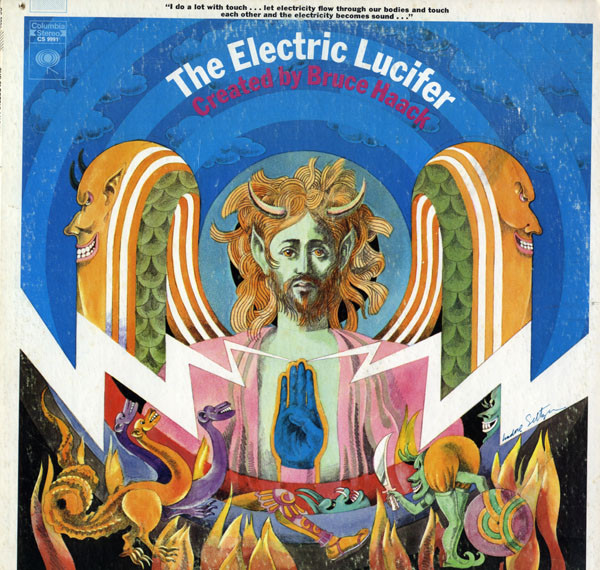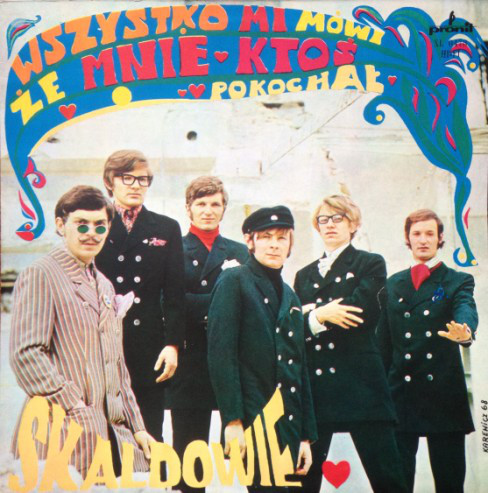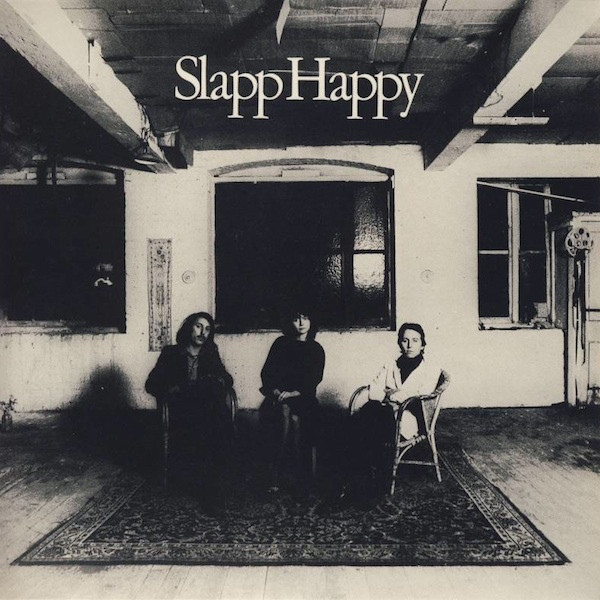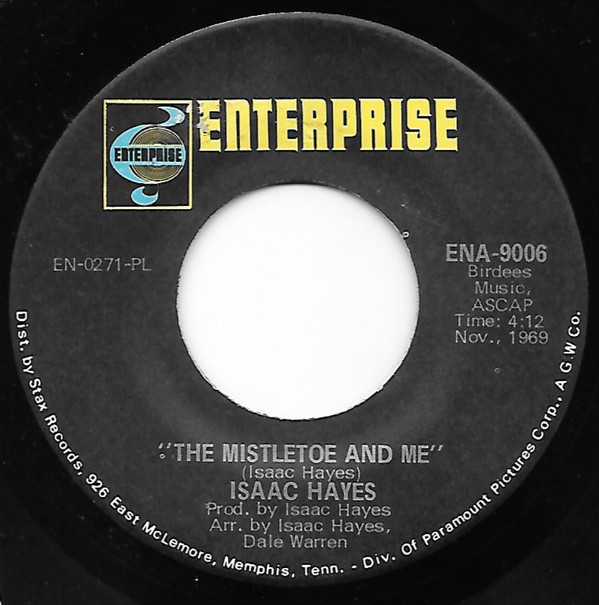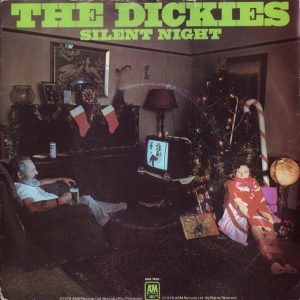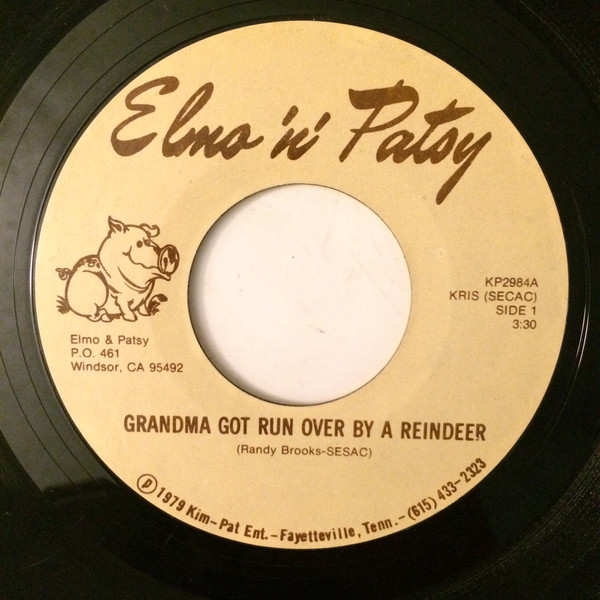
“Grandma Got Run Over By a Reindeer” (1979) * Written by Randy Brooks * Produced by Gary Potterton * Label: Oink * Charts (first appearance): Billboard Christmas (#1) * Chart Entry: 12/17/83
In his Sleigh Rides, Jingle Bells and Silent Nights, Ronald D. Lankford, Jr., reports that songwriter Randy Brooks had found inspiration for “Grandma Got Run Over By a Reindeer” from Merle Haggard’s “Grandma’s Homemade Christmas Card” (1973). In that recording, Haggard describes his subject against the steel guitar backdrop of “O Little Town of Bethlehem,” with all cues pointing toward a maudlin death that never happens. So Brooks took that as a challenge (and stole the VII7-IV-I hook from Haggard’s “If We Make It Through December” along the way). After showing his creation to Elmo and Patsy, who recorded it on their own label in 1979, the record became America’s favorite perennial Christmas crudity. It could be that songs that never go away contain some sort of open-ended message that keeps our subconscious minds engaged. In this song, it’s most certainly the refrain “as for me and Grandpa, we believe.” The word “believe” is loaded with yuletide pixie dust as it is, but that seven-word line alludes to 1) factual reality (the belief that Grandma got run over), 2) a statement of faith (the belief that there must really be a Santa Claus, with Grandma’s possibly fortuitous death offered up as evidence), and 3) a fearful warning (the belief that Santa lives, and he may not only withhold presents from you but he might also kill you). Additional interpretations are by all means conceivable. Side B is a penance-flip that plays Christmas straight.


